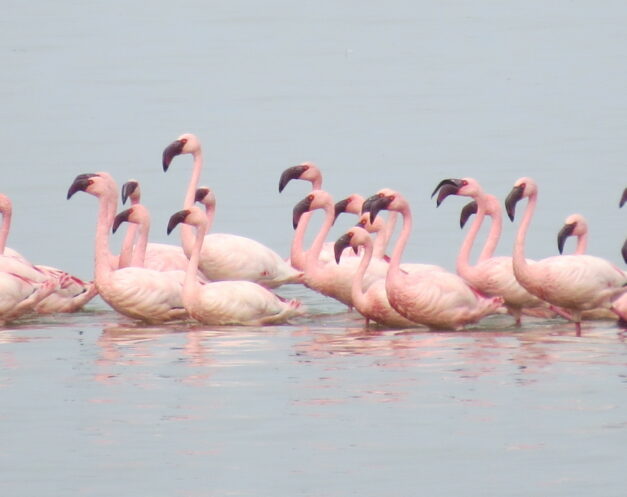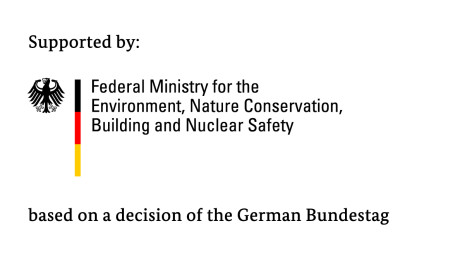Creating climate resilient wetlands for waterbirds and communities across the African-Eurasian flyway

Every year millions of waterbirds fly thousands of kilometres between Europe and Africa in search of food and good breeding sites. The conservation of these migratory waterbirds depends on a network of key wetlands across their annual migration route or flyway. These same wetlands are also critical to the survival of local communities. However, unsustainable practices and a changing climate are threatening the health of some of these wetlands.
To ensure that this network of wetlands remains complete and climate resilient, we will assess the vulnerability of Critical Sites to climate change. At key sites in Mali and Ethiopia we will carry out community-based wetland restoration projects to increase the resilience of both waterbird populations and local communities. These pilot projects will serve as examples for other communities to follow – and inform governments on how they can adapt to climate change by sustainably managing their wetlands.
Mali’s Inner Niger Delta is the second largest floodplain wetland in Africa and one of the most important sites for millions of migratory waterbirds. Seven out of 11 Critical Sites identified for Mali are situated here. However, this area is under increasing pressure from upstream water withdrawals, exacerbated by the impacts of climate change such as rising temperatures and the increasing frequency of droughts. Healthy wetlands, inundated by annual flood pulse, are critical for the survival of waterbirds and the farmers, fishers and pastoralists in this region.
28 Critical Sites have been identified in Ethiopia, half of which have been affected by unsustainable water management and population growth. One of the most important Critical Sites is the Abijatta-Shalla National Park, where the very existence of Lake Abijatta is threatened by overexploitation of water for irrigation.
Ensuring that a comprehensive and coherent flyway network is established and maintained is a key target of the African-Eurasian Waterbird Agreement (AEWA). The Wings over Wetlands project has already assisted this process by identifying the Critical Sites for waterbirds. AEWA has also adopted resolutions detailing actions for climate change adaptation and wetland conservation. However, practical implementation of these measures is lacking, particularly in Africa. In Mali and Ethiopia, climate change adaptation plans do not take into account the importance of biodiversity for sustaining wetlands.
Goals
- The vulnerability of Critical Sites in the African-Eurasia flyway to climate change is assessed and adaptation measures are identified.
- Climate change adaptation for waterbirds is integrated into relevant national policies developed in Ethiopia and Mali, serving as an example for other countries in Africa.
- Wetland restoration projects implemented in one Critical Site in both Ethiopia and Mali increase the resilience of waterbirds and local communities.
- Experience gained through the project is shared with relevant parties to inform policy development and the implementation of existing environmental agreements such as AEWA and the Ramsar Convention on Wetlands.
Video
News
Read the Kick-Off Workshop Report
Partners
Ethiopian Wildlife and Natural History Society
Horn of Africa Environmental Centre & Network
University of Kassel, Center for Environmental Systems Research (CESR)
Rift Valley Lakes Basin Authority
Ethiopian Wildlife Conservation Authority
Donors
This project is supported by the International Climate Initiative on the basis of a decision adopted by the German Bundestag.
This project is also supported by the Agreement on the Conservation of African-Eurasian Migratory Waterbirds (AEWA).


